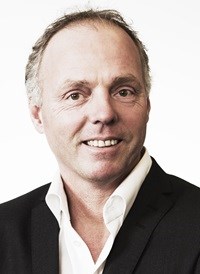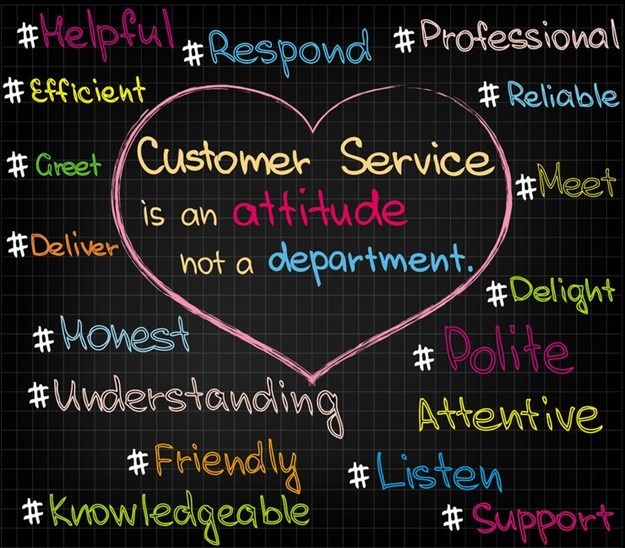





Last year, I chatted to Kantar Vermeer’s CMO Marc de Swaan Arons when he flew out to present Marketing2020 and more at last year’s APEX awards. This year, I pinned down Van den Driest for a brief catch-up, which left me reeling with so much positivity over things to come. I’ve compiled the highlights package of Van der Driest’s feedback below…

Wondering why Insights2020 is so impressive? Well, it’s the largest and most global marketing insights and analytics leadership initiative ever undertaken. Led by Kantar Vermeer, it counts the likes of LinkedIn, the ARF, Kantar and Korn Ferry as partners. Globally led by Van den Driest, he’s also co-authored two articles on the study for the Harvard Business Review: ‘The Ultimate Marketing Machine’ back in 2014, and the more recent ‘Building an Insights Engine’ in 2016. Both of which made the front cover, with the 2014 issue the bestseller in the title’s history. From his warm conversational style it’s clear why he’s a trusted advisor to many chief executives, effectively leading the way for organisational transformation for their blue chip companies, to become purpose-led and insights-fed. More specifically, he spoke to me about the importance of having this level of global marketing leadership available as well as why your business now needs to eat, breathe and sleep customer-centricity to survive.
Van den Driest says at the time, Marketing 2020 served as the crossroad of true and deep insights with big data, which naturally led to a lot of follow-up enquiries. Then they started exploring those with their sounding board comprising the likes of Google’s head of analytics research Tony Fagan, Sir Martin Sorrel of WPP Group, and others, as the topic deserves a deeper dive based on its traction in the market. The reason for that traction? A combination of technological change and the information age we live in, which is all about getting better and faster access to information. “All of that has resulted in consumers being well informed, connected, demanding and truly in the driver’s seat,” confirms Van den Driest, which means the ultimate competitive business advantage today is customer centricity.
Hence their focus on customer-centric growth in Insights 2020, with a strong correlation between customer-centricity and business revenue growth. It’s a massive interview with thought leaders and industry leaders alike, involving over 10,000 interviews with insight and marketing professionals. As a result, they deconstructed the overall notion of customer-centricity into 66 variables or components. Those were then put into a quantitative study and isolated the 10 variables that really make a difference for the majority of customer-centric brands.

The crux of the findings is that it starts with linking everything you do to your brand purpose, then focusing on data-driven customisation and personalisation, and being consistent across all touchpoints and channels. Van den Driest calls this a true leadership priority and not only about talking the talk but also walking the talk – Leaders need to do more than just include it in their plan for the year; they must also translate their customer-centricity priorities into specific KPIs and incentive schemes for everybody who works in the company in order to create a culture of collaboration. Internally, that’s done with a focus on functions, externally with suppliers and ultimately your end-users, as well as by experimentation through a trial-and-error approach. Especially now in the digital age where technological change is fast and frequent, Van den Driest says, “It’s about throwing a handful and seeing what sticks,” making customer obsession an organisational direction. Analytics also need to be seen as a true driver of change as an autonomous function, not merely by reporting into a support function of marketing to make the right decision, but rather as inspiring, challenging and provoking other functions and ultimately helping to set the direction of the entire company. It’s all about unlocking the power of data as we live in such a data-rich environment. Last, but probably most importantly, Van den Driest says it’s about building the right capabilities, so ensuring the insights and analytics are seen as a means to an end. This requires real business acumen and the 'whole-brain' mindset. In addition to making complex analysis, we also need to think creatively and laterally and connect the dots. It’s that combination that is now important, as is the skill of storytelling. “If you understand the business context and you’re at whole-brain capability, it can still fall flat if you don’t get your brand message across in a convincing and compelling way as you’re just not a good storyteller.”
Van den Driest says these dimensions can also be clustered as strategy, structure and organisational capability.
These insights are one way of promoting internal and external marketing success, with the new chief marketing officer or CMO Council set to further shape the marketing industry. Van den Driest explains that Insights2020 led to the formation of a coalition of global partners, with key differences appearing market by market. For example, the US has a very strong marketing association, with the ANA very active as a network that’s influencing the agenda in terms of lobbying, while also running numerous thought leadership initiatives. If you then look at other markets, there are fewer peer associations and established organisations, networks and councils that take that on. To remedy this, in the UK Kantar Vermeer has just formed a CMO Council, and here in SA we’re now following in their footsteps.
Van den Driest explains the council meeting held on the morning of 7 February 2017 made it clear there’s a huge need for this level of network co-creation. Attendees discussed a preliminary agenda and what the council’s objectives should be – a huge boon as from a global perspective, SA marketers are disconnected and, to some extent, lonely. There’s value in having a trusted environment in which to share your challenges and opportunities as well as exchange ideas in a relatively intimate setting that’s all about connecting, sharing and generating thought leadership. The brief was very clear: “Yes, we want global inspiration, such as that from Insights 2020, but let’s supplement that with best practices from Africa and South Africa. Because we do have great teachers of best practice, with a hell of a lot of insight and can drive this thought leadership.” Very importantly, Van den Driest says while it’s great to have mostly Americans and Europe share inspirational cases, our market is quite different to theirs, so leading marketers in this country want a platform or council where they can be inspired by global best practices but also contribute and lead with Africa’s best practice, which doesn’t always translate if taken from other markets into our own. There’ll be emphasis on connecting and sharing, but also on potentially generating an Africa2020 or a Leadership2020.
Click here for more on Insights2020 and follow their special Twitter handle.
